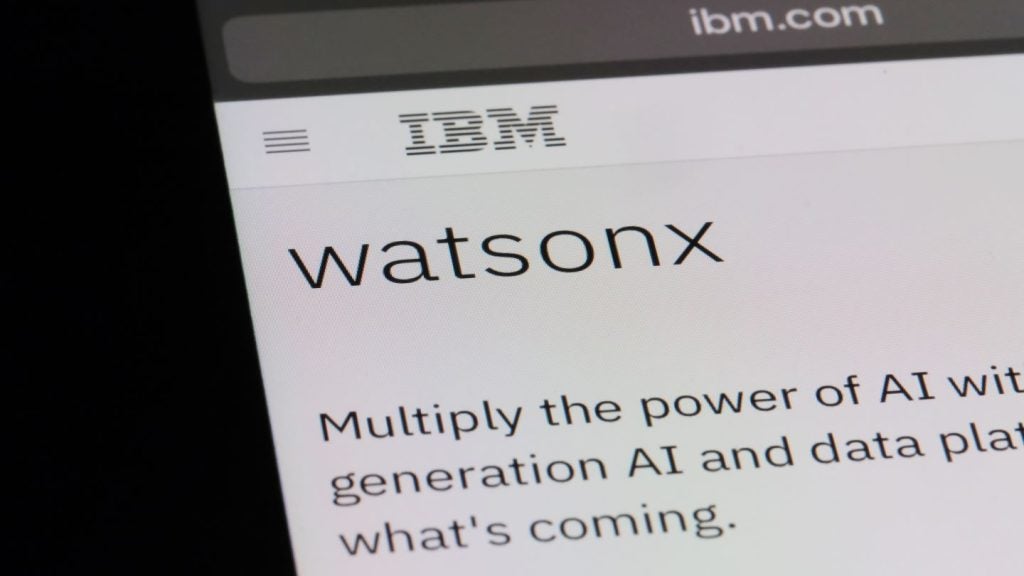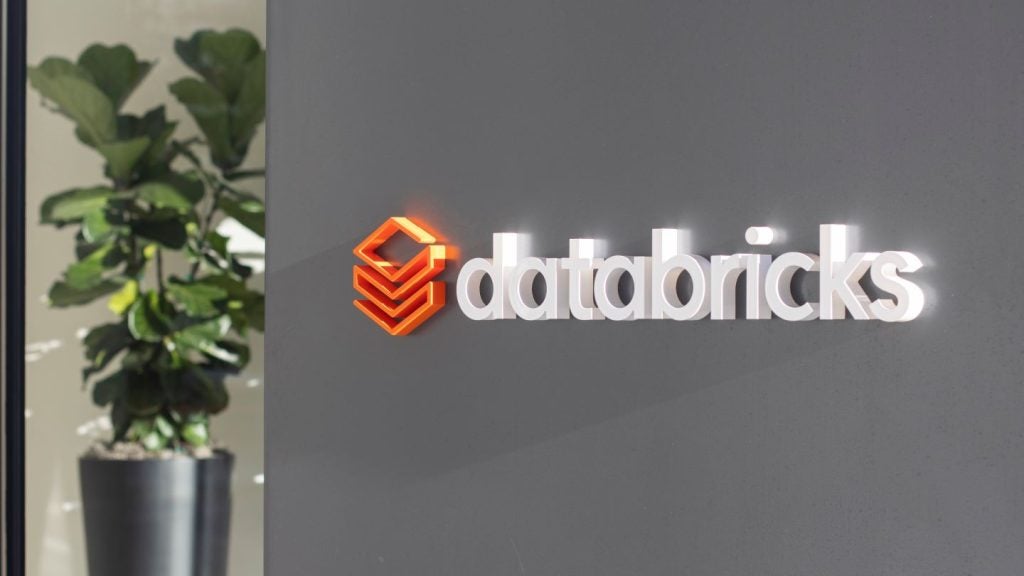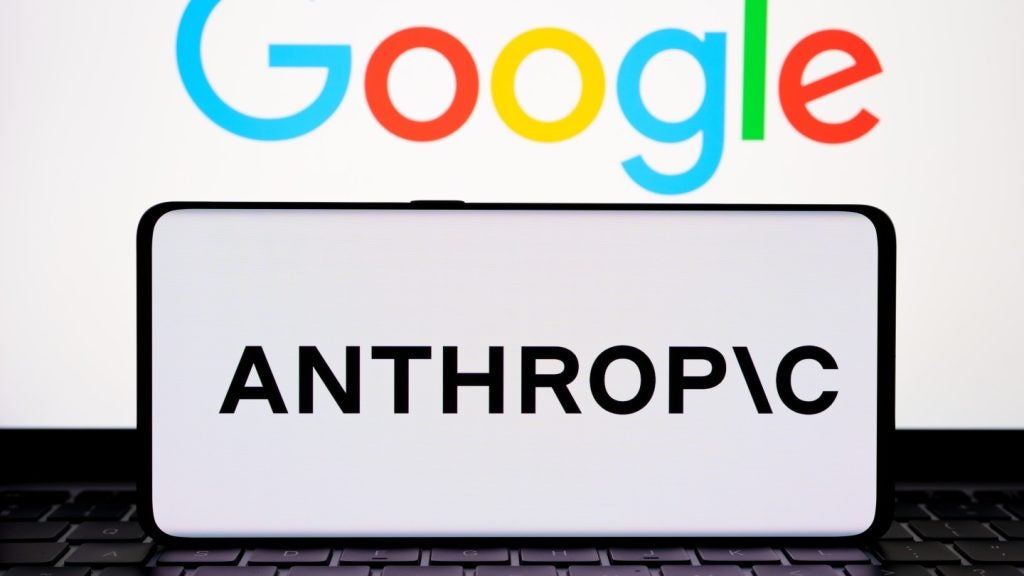After dipping in Q3 2021, perceptions of augmented reality (AR) recovered in the final three months of the year. 55% of respondents to GlobalData’s Q4 Thematic Sentiment Analysis poll said that AR would cause either a significant or slight disruption to their industries. Moreover, the technology led in terms of positive sentiment change.
Despite the improvement, AR is not yet considered to hold as much disruptive potential as artificial intelligence (AI). After dipping mid-year, AI ended 2021 the same way it started; leading our disruption metric. Perceptions of AR also do not seem to hold the same stability as the other technologies polled, including cybersecurity, cloud computing, 5G, and the Internet of Things.
Businesses widely use cloud computing and cybersecurity, and perceptions of their disruptiveness did not fluctuate much throughout 2021. Both are essential to business operations, and their profile has not changed substantially in the last year. Perceptions of 5G and IoT’s disruptiveness have also remained stable. 5G, in particular, encountered technical obstacles in some markets, including the US. However, despite those challenges, it is steadily becoming more available.
In a landscape of settled views, perceptions of AR stand out as particularly fluctuating. Alongside virtual reality (VR), AR is central to the metaverse, one of the themes that will continue to leave a mark in 2022. The metaverse remains an elusive concept. Facebook, which was rebranded as Meta Platforms, is pushing for a vision of the metaverse as an immersive platform that users enter after leaving the real world. Mark Zuckerberg defined it as “an embodied internet, where instead of just viewing content—you are in it”. If that vision materializes, VR will be key to the metaverse. However, it seems more likely that technology like AR, which enhances reality without forcing people to leave it entirely, will succeed.
Regardless of which vision of the metaverse wins out, the metaverse dominated technology conversations in Q4 2021. An estimated 2.62 million searches for the term ‘metaverse’ were made in October 2021 as news leaked of Facebook’s name change to Meta. In that context, sentiment towards AR improved.
Despite AR and Web3 gains most continue to view blockchain with skepticism
Like the metaverse, Web3 is a vision of what our connected world could potentially evolve into. It rests on the idea of a decentralized internet in which blockchain would play a central role. Despite that potential, blockchain is perceived as the least disruptive of the seven technologies that GlobalData polls quarterly. Almost a third of respondents said that blockchain would never disrupt their industries, and it is ahead of only the Internet of Things (IoT) in terms of positive sentiment change. The technology was consistently perceived as overhyped throughout 2021.
How well do you really know your competitors?
Access the most comprehensive Company Profiles on the market, powered by GlobalData. Save hours of research. Gain competitive edge.

Thank you!
Your download email will arrive shortly
Not ready to buy yet? Download a free sample
We are confident about the unique quality of our Company Profiles. However, we want you to make the most beneficial decision for your business, so we offer a free sample that you can download by submitting the below form
By GlobalDataWeb3 is increasingly part of tech conversations. There is substantial hype surrounding non-fungible tokens (NFTs) and the emergence of numerous crypto wallets. Blockchain is a key technology supporting both of these developments but it did not enjoy the same boost in positive sentiment as AR. Blockchain has its share of shortcomings. It is often hard to integrate into businesses’ existing systems, it uses too much energy, and it is hard to scale. Once these issues have been addressed, perceptions of blockchain might change.








Related Company Profiles
Meta Platforms Inc